Health @ Staburo
The topic health is one of the most important of Staburo with our core purpose to deliver excellent data science to improve and save lives. In addition, this is also a very important concern for our company and our team members. A great work environment is key for us at Staburo – this also includes physical and mental health conditions of our employees.
In line with that our Managing Director, Josef Höfler, successfully completed the training program: Healthy Leadership – Strengthen leadership and mental health at TUM Institute for LifeLong Learning in autumn 2023.
Target group for this training program is as follows: Managers, Executives, HR managers, or anyone interested in the topic of mental health at work. The comprehensive program consists of contents such as evidence-based and field-tested methods, realistic role plays, online learning elements, personal video feedback, and coaching.
Over a total of 6 days, the following topics were dealt with, deepened, and discussed:
- Introduction to mental health
- Employee appraisal with mental health focus
- (Self-) management
- Special case of burnout and risk assessment
Josef Höfler stated: “The training program on Healthy Leadership provided me with valuable insights and practical tools to support our team members and create a positive work environment. We are committed to continuously integrating these learnings into our company culture and practices.”
Beyond that, an anonymous survey on (mental) well-being and health including a risk assessment was conducted at Staburo in summer 2023. The average results were in our eyes very good, nevertheless there are always areas with room for improvement and things we would like to address more to support a healthy work environment for all of us at Staburo.
To give this topic more weight internally, the first Staburo health day took place in October 2023. The presentations and activities during this day focused on topics such as: Stress reduction, ergonomics at work, eye check-ups, active breaks, and nutritional aspects. It was a successful kick-off, but of course the topic of (mental) health of our employees is not completed and will be continuously on our agenda.
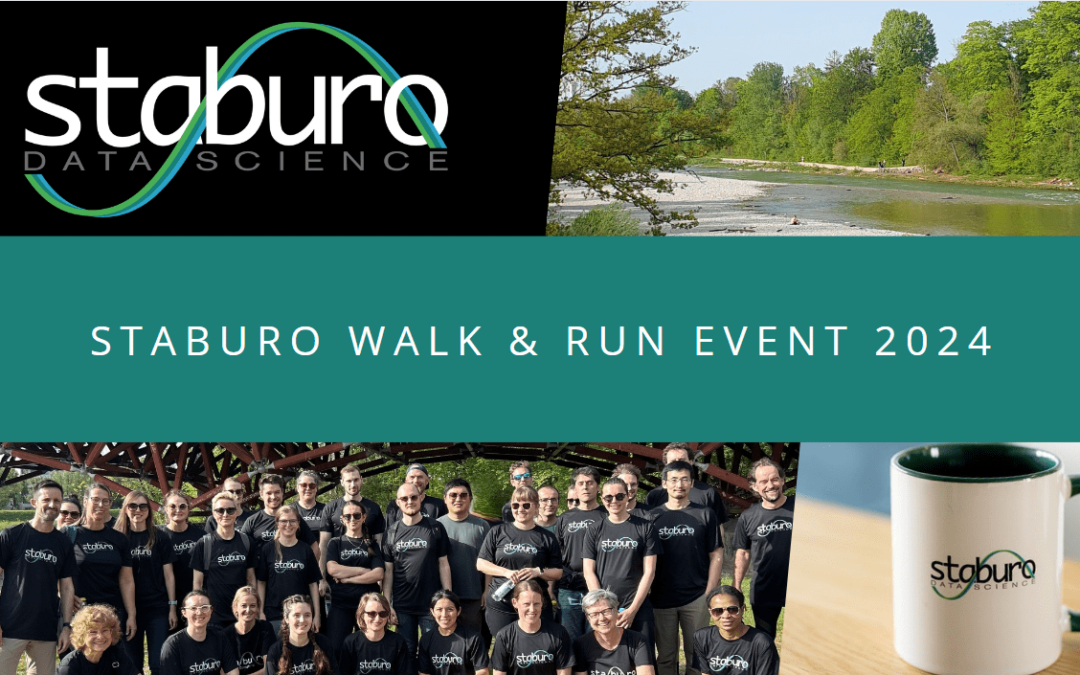
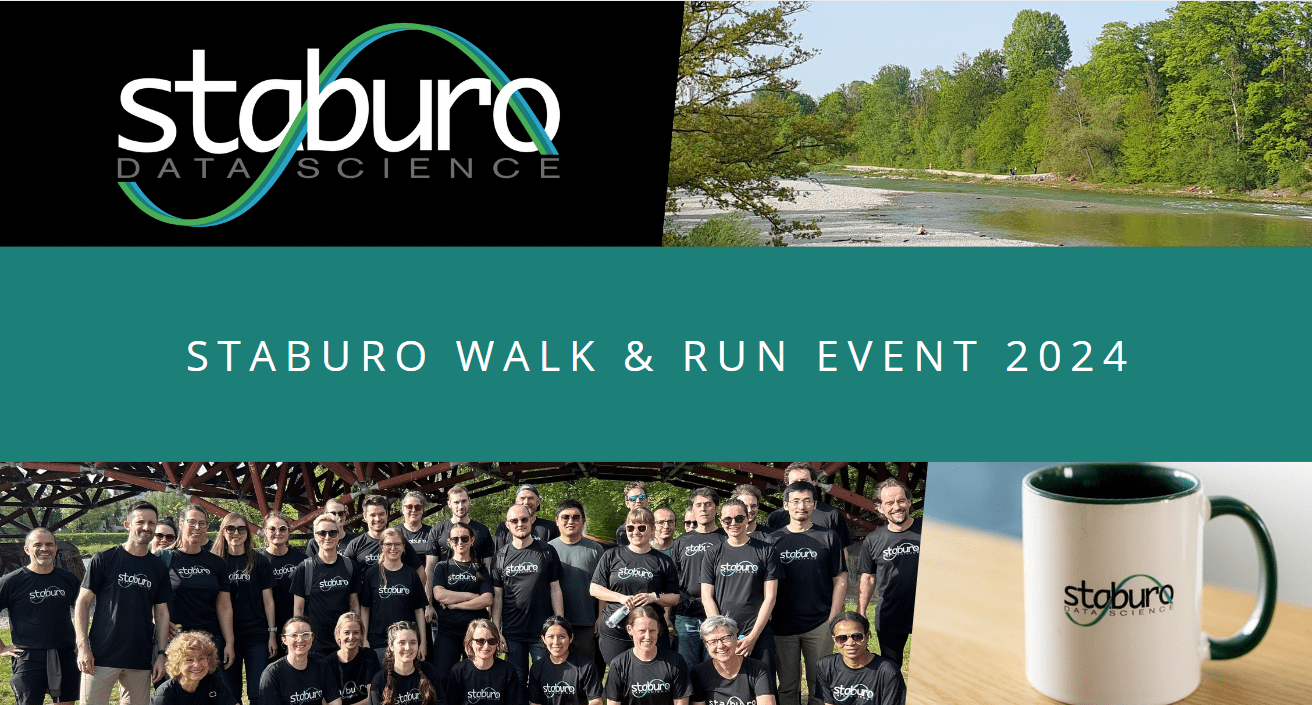
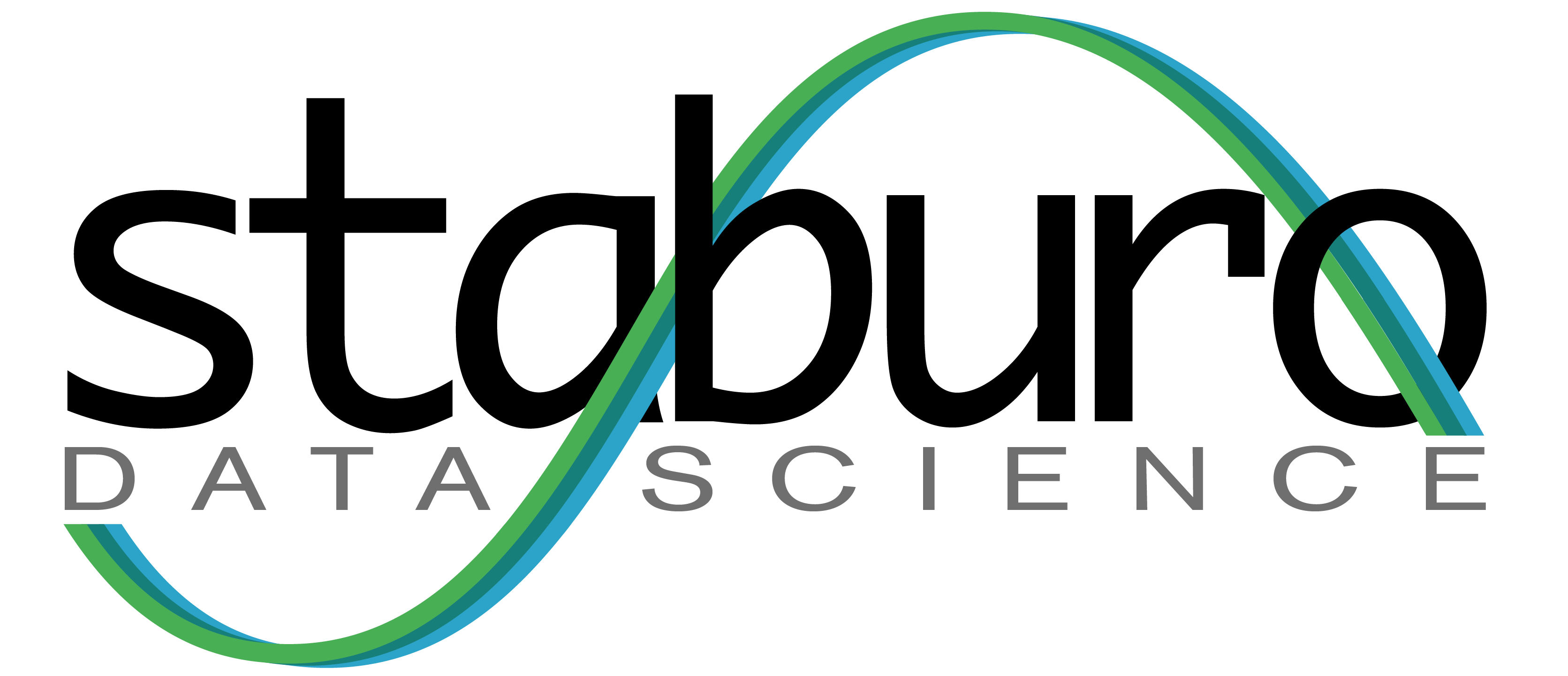
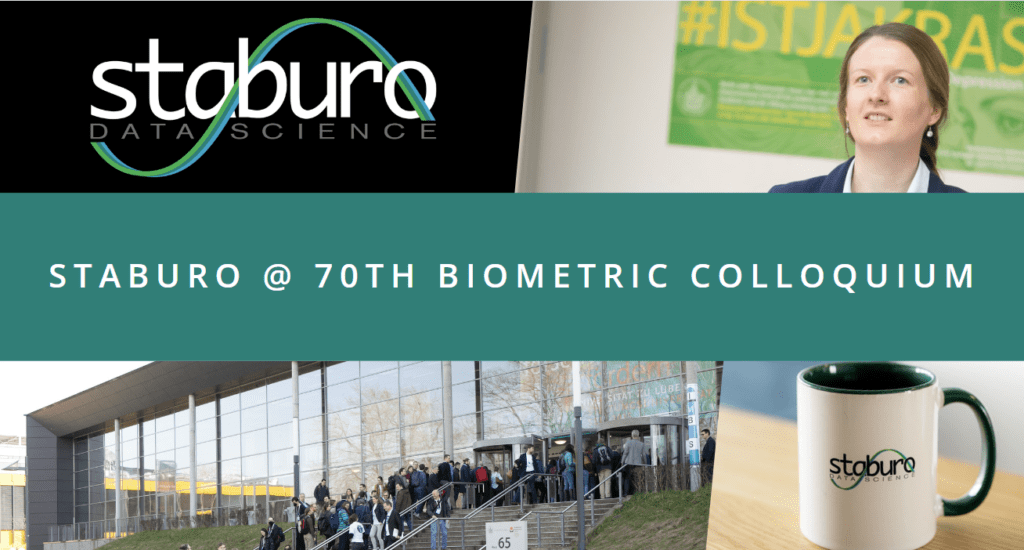
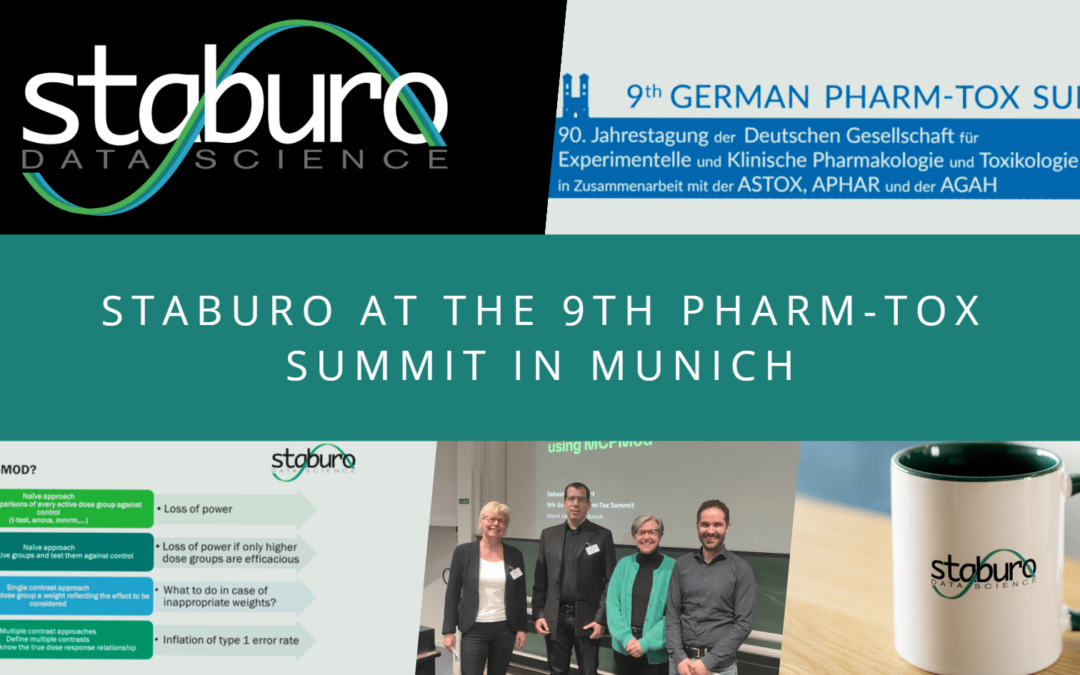
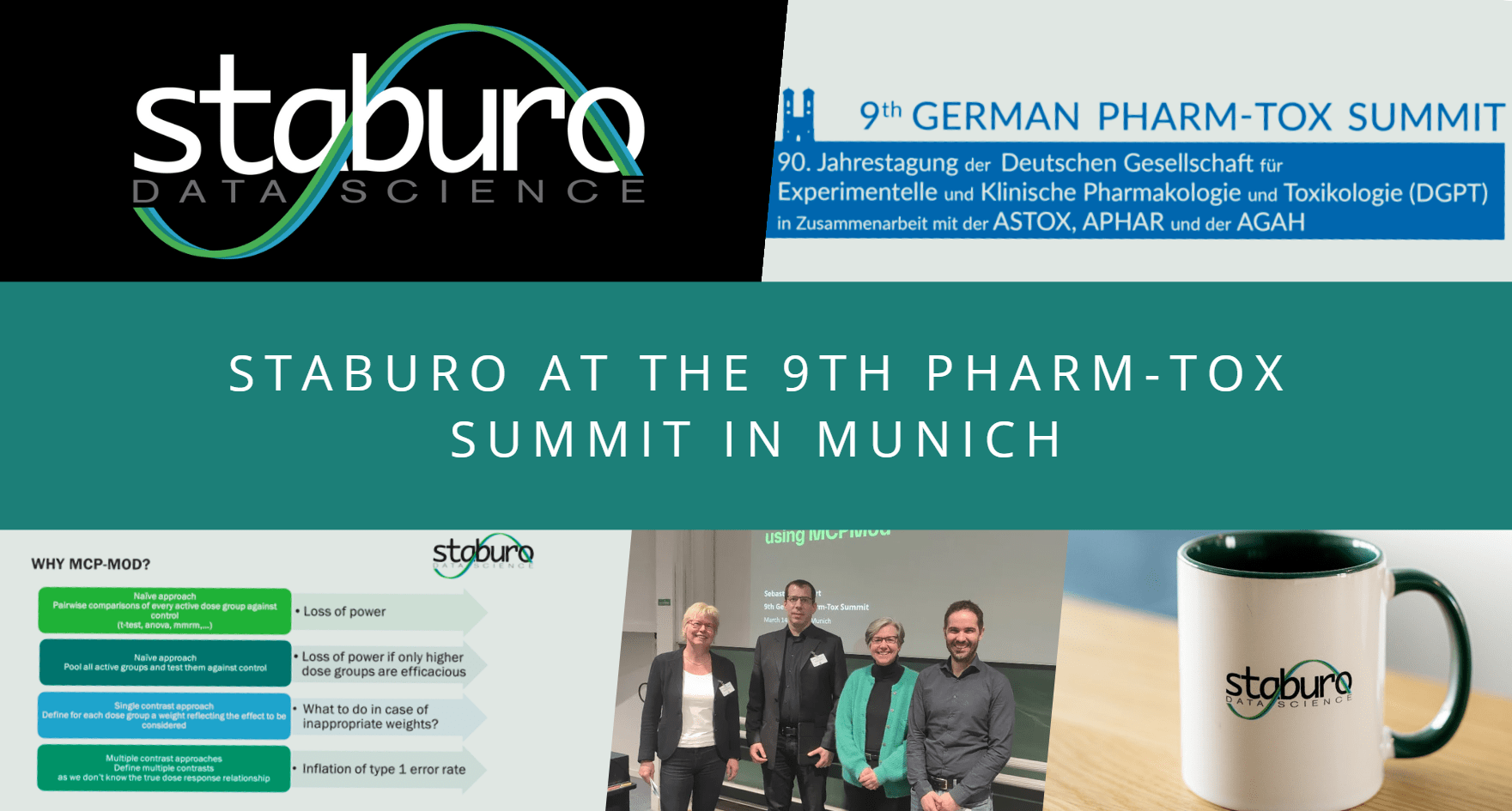
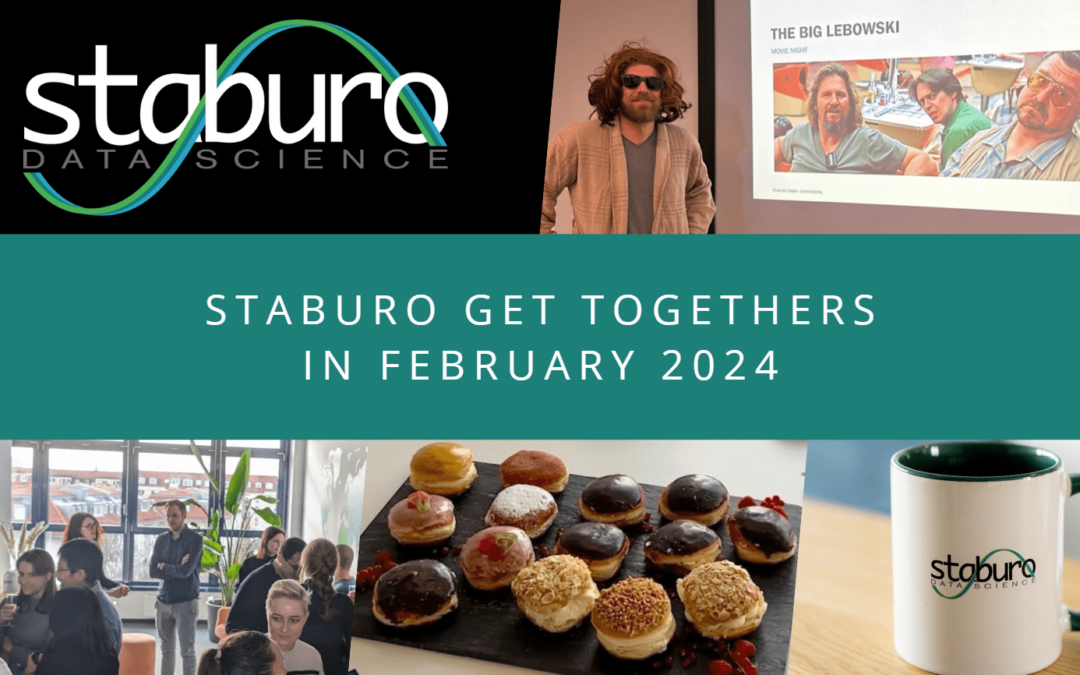
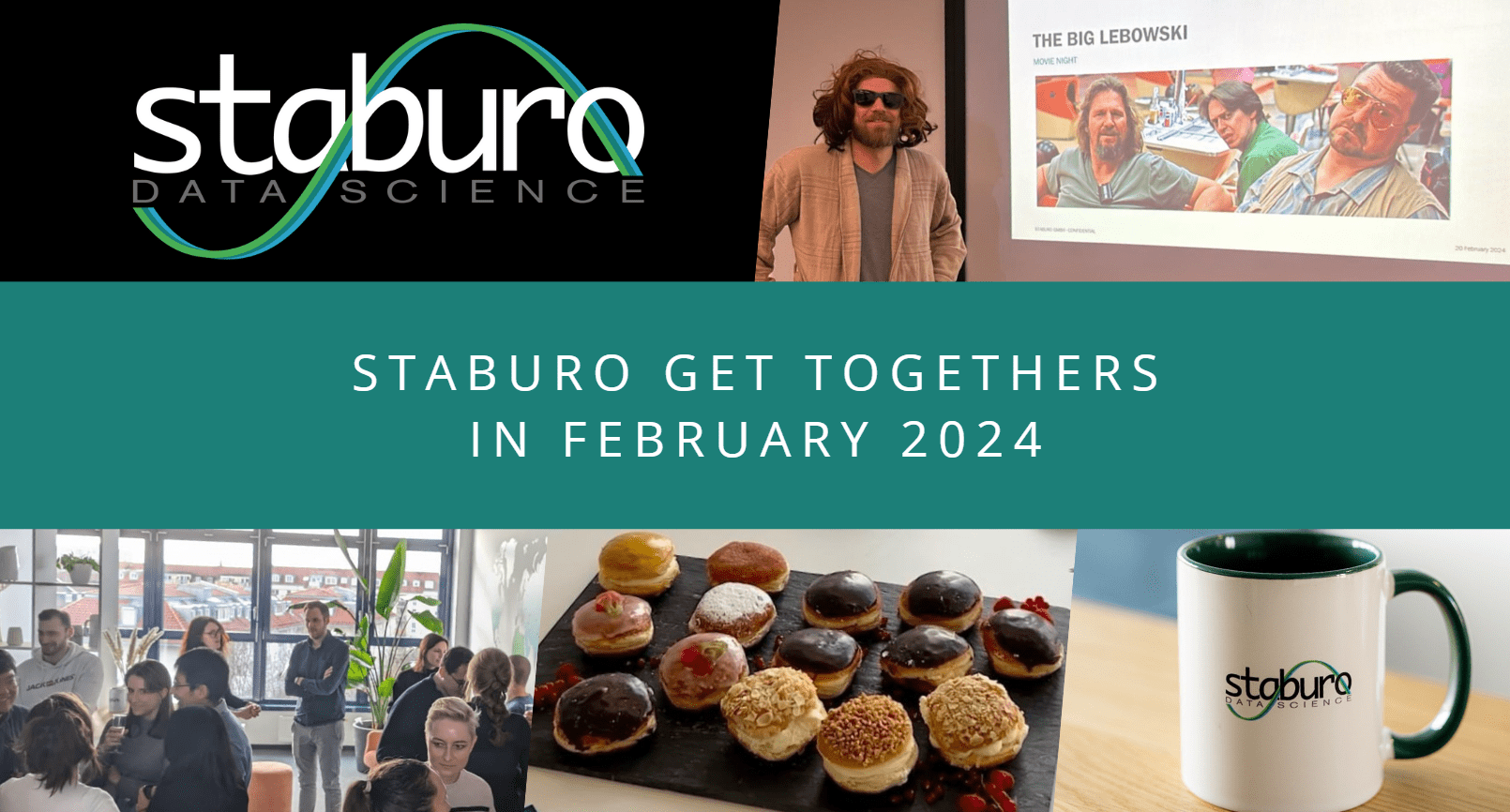
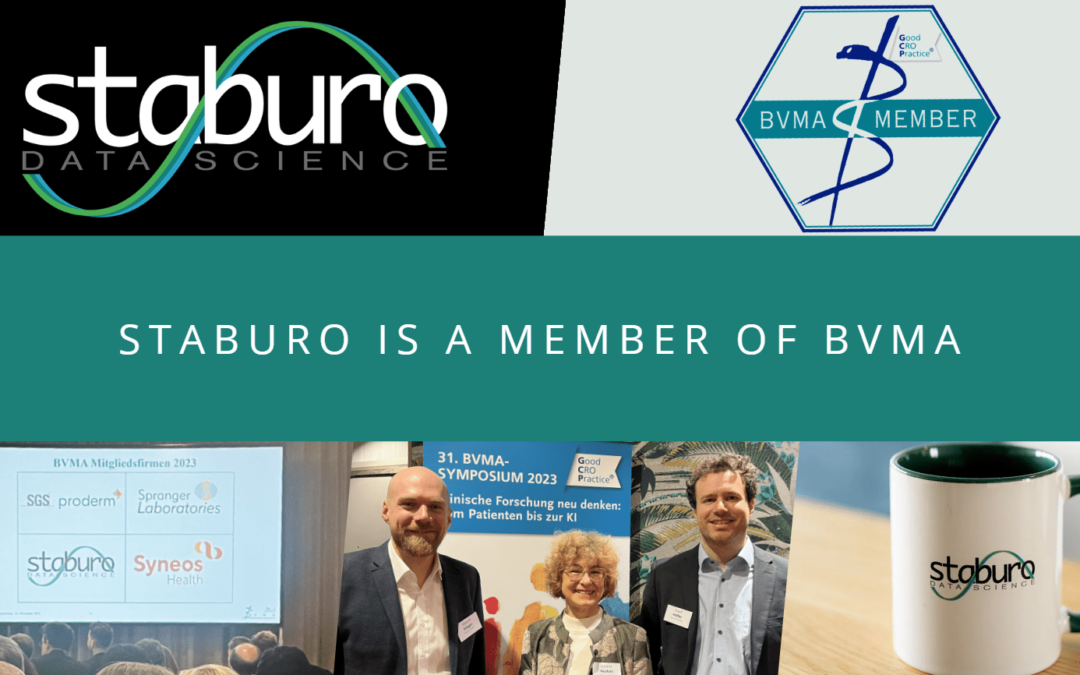
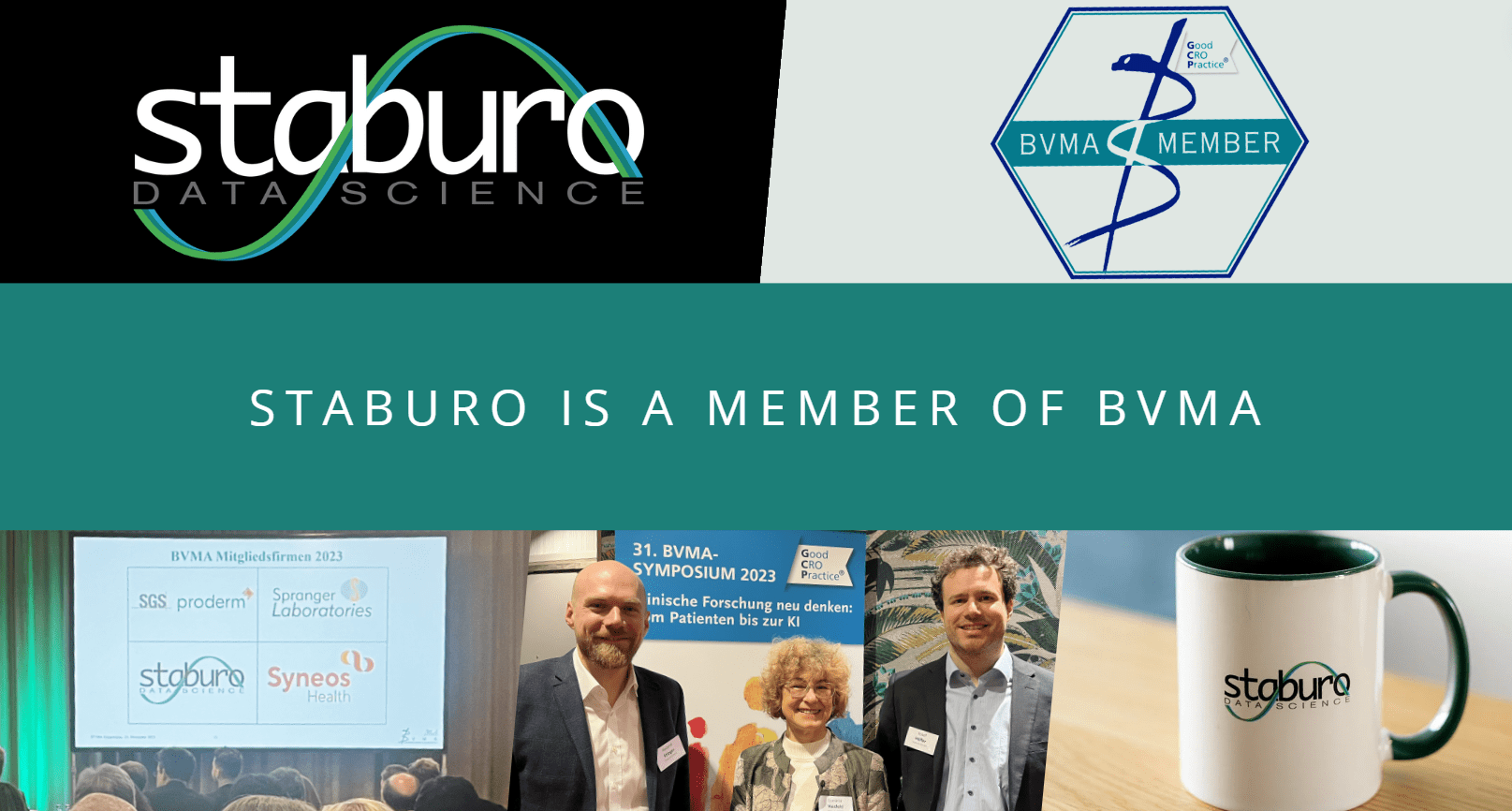
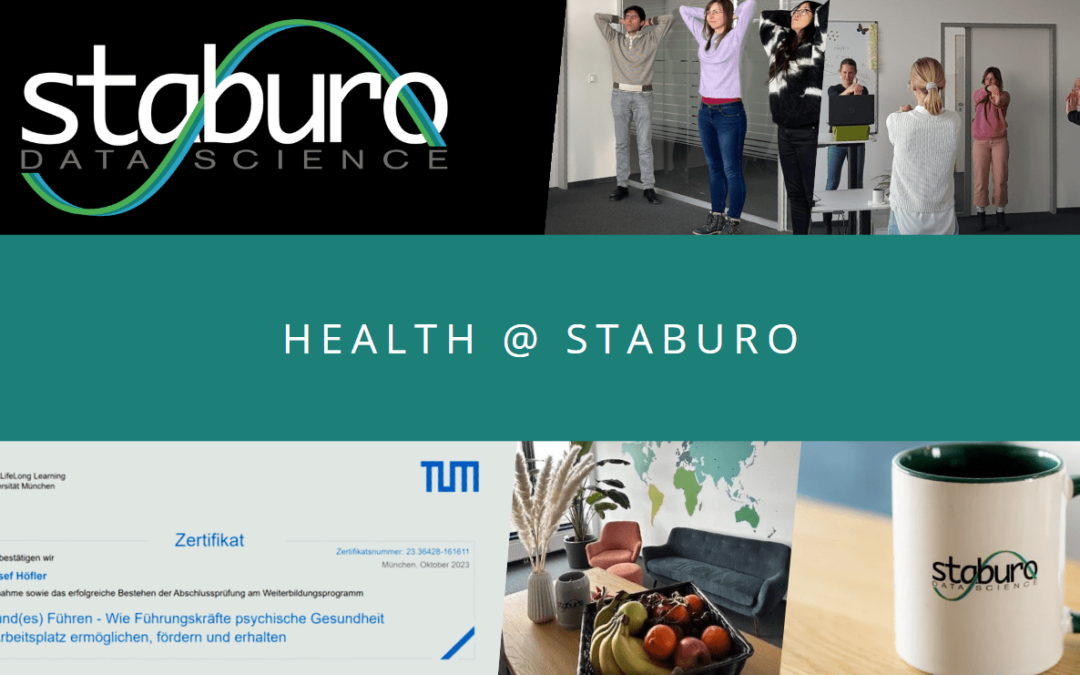
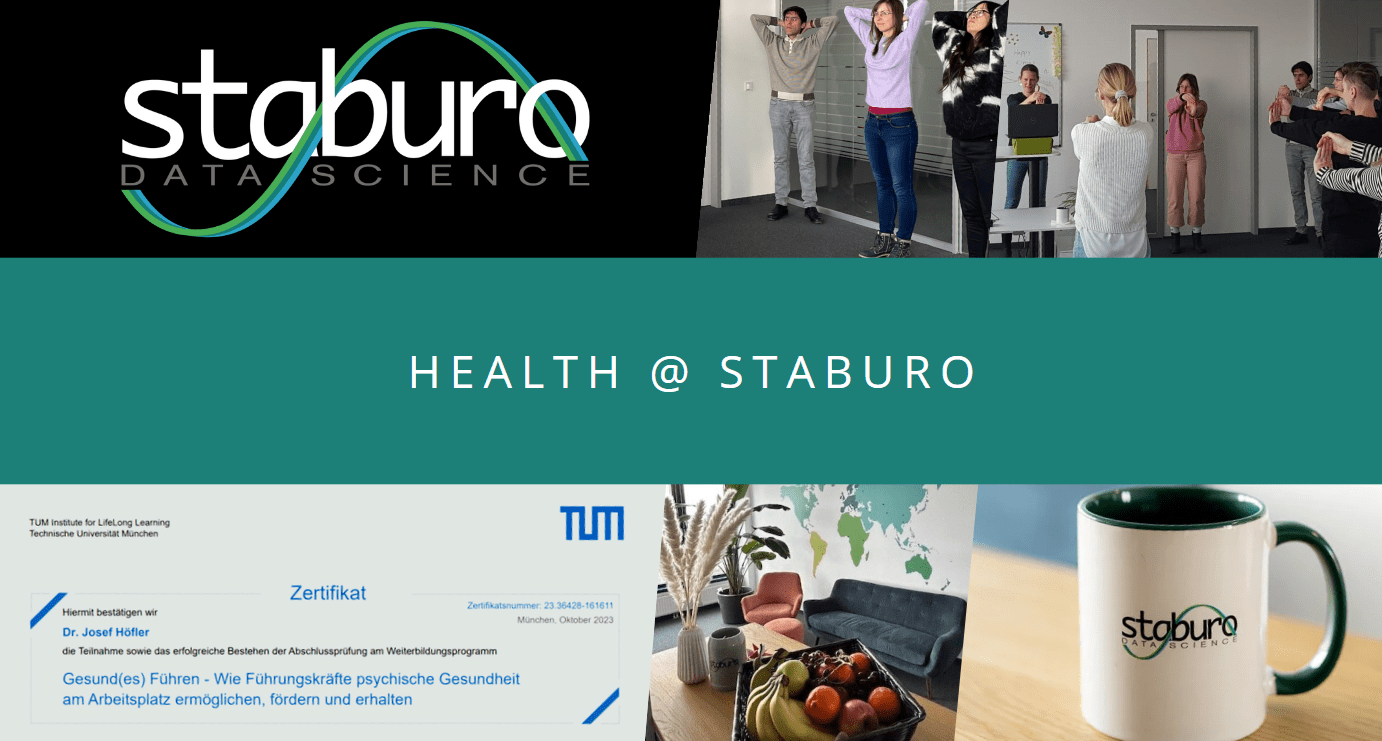
Recent Comments